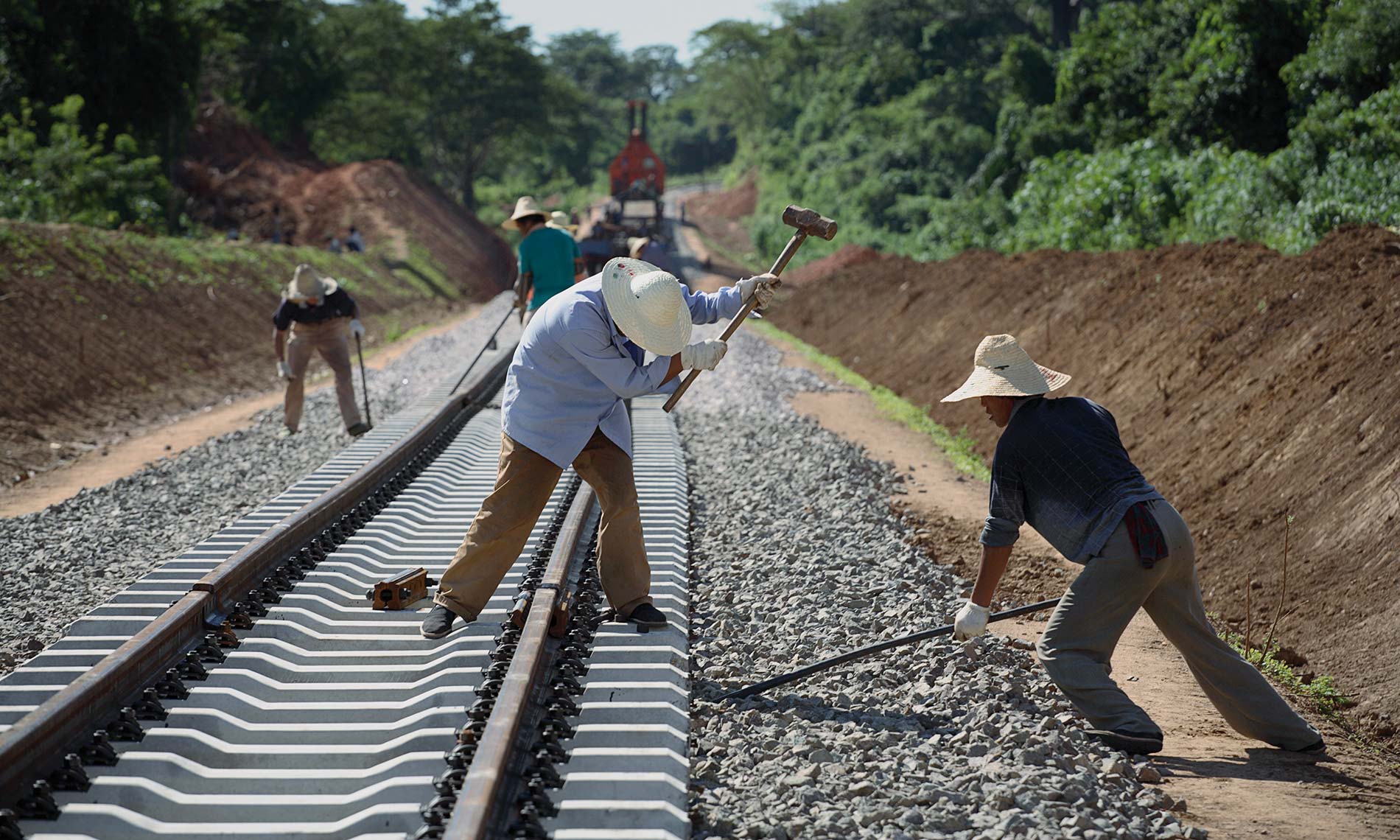Everything seems to conspire to prevent all but the most adventurous and patient of investors from entering Angola. A room at the ‘four star’ Tropico hotel, a 1970s’ block in downtown Luanda, will set you back $500 a night. Once checked in expect to pay $10 for a two-litre bottle of drinking water, $6 for a beer and $20 for a sandwich. It’s not surprising that the capital Luanda is now one of the most expensive cities in the world. Working in Angola requires not only deep pockets but also patience and preferably a bit of Portuguese. Yet investors and their lawyers remain unperturbed, lured into oil-rich Angola by double-digit growth rates and growing investment opportunities.
Angola is a country of paradoxes, a stark contrast of boom town and abject poverty. Executives at the country’s national oil company Sonangol will travel to Lisbon to meet its lawyers because working in and travelling to Angola is so difficult. Despite the difficulties, with real GDP growth rates of 21% and 13% in 2007 and 2008 respectively, and major mandates on offer, international law firms are finding there is work to do in the country. Oil is at the heart of this growth, with revenues from the sector accounting for a massive 85% of the country’s GDP. Having overtaken Saudi Arabia and Iran to become China’s biggest oil supplier, Angola is also benefiting from a stream of multi-billion-dollar Chinese investments. Among them money from China has been paved into the reconstruction of the Benguela railway, much of which was destroyed in the recent civil war.
Subscriber Access
You must be logged in to view full premium content.







